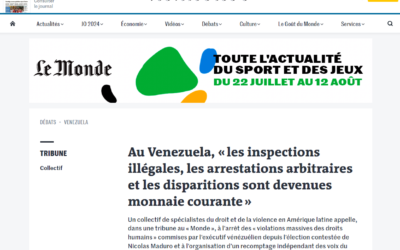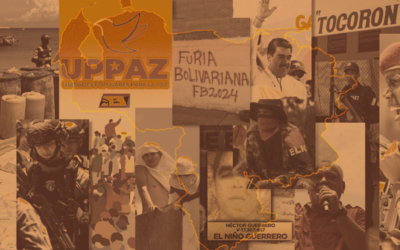December 1, 2017
Keymer Ávila | @Keymer_Avila
Within the framework of the 29th anniversary of Provea, this organization recently presented its Annual Report on the situation of Human Rights in Venezuela. We were once again responsible for the chapter on the Right to Personal Liberty, present in articles 44 and 45 of the Constitution of the Bolivarian Republic of Venezuela, and developed in articles 234 and 236 of the COPP.
During 2016, a total of 7,048 alleged violations of the right to personal liberty were registered, which represents a decrease of 59% compared to the figure for 2015; and 38% compared to the general annual average of the last 19 years systematized in Provea’s reports. However, the general trend is to increase these cases. It is noteworthy that at least 3,963 (56%) of these arrests are linked to queues in supermarkets or situations related to food shortages and their acquisition; these last procedures are carried out by the GNB.
The decrease in the total figures indicated was due to the significant decrease in the number of people detained en masse during 2016. There was a total of approximately 6,752 people detained en masse, which constitutes -as in the previous year- 96% of the total number of alleged violations of personal liberty in 2016. In addition, these figures represent a 60% decrease compared to the number of people detained en masse during 2015; and 45% over the general average of mass arrests registered since 1999.
However, the other types of arbitrary or illegal detentions increased. Thus, for example: collective arrests (from 2 to 10 people) increased by 9.4% compared to the previous year and by 94.4% over the general average of the last 7 years. Individual arrests also increased by 31%.
Likewise, an increase of 324% in arrests occurred in the context of demonstrations compared to 2015, and 62% over the general average of the last 26 years, can be seen.
These changes seem to reaffirm the hypothesis of the pendulum action of the Venezuelan penal system , especially that of the State security forces. Just as in 2015 it was possible to see a displacement of the police arbitrariness of street demonstrations “–in which the majority profile of the detainees were young middle-class students- towards the most impoverished neighborhoods and areas of the country, located on the outskirts of the state capitals, where the profile of the detainees becomes that of young people from the popular classes”; in 2016 this displacement seems to move again towards street demonstrations , whichThis does not mean that institutional violence in the neighborhoods has diminished in intensity. The latter has become more selective and lethal, although mass arbitrary arrests have decreased, these have been replaced by an alarming increase in deaths at the hands of State security forces, which according to information from the Public Ministry had an increase of 163% during 2016. It can be affirmed that this is the legacy of militarized police policies, such as the OLP .
During 2016, illegal or arbitrary arrests that occurred in the context of militarized police operations constituted 81% of mass arrests, as well as 78% of all illegal or arbitrary arrests registered throughout the year.
The worrying increase in the intensity and selectivity of institutional violence can also be observed in forced disappearances, which increased by 533% . They went from 3 cases in 2015 to 19 in 2016 , which in turn constitutes an increase of 173% compared to the general average of these cases in the last 16 years registered by Provea . 2016 is the third year with the most cases, only surpassed by 2013 (23 cases) and 2010 (39 cases). Cases such as Tumeremo , Barlovento and Cariaco will be emblematic of this type of practice in 2016.
The states that presented the highest number of illegal or arbitrary detentions were the following: Lara (55%), Zulia (13%), Carabobo (11%), Aragua (7%), Bolívar and Miranda (2% each) . These six states accumulate 90% of the registered cases.
Finally, the number of violations registered in cells and police checkpoints, showed the number of 1,783 people affected, which means a decrease of 8% compared to 1,933 in 2015; as well as an increase of 83% compared to the general average of the last 6 years in which Provea has carried out this monitoring. It is noteworthy that violations of the right to life in these facilities increased compared to the previous year, going from 1 case to 14 (1,300%). Among the causes of death are: 4 due to beatings carried out by their own custodians; 3 due to severe malnutrition ; 1 for shots from a firearm and another for beatings by his own fellow inmates.
The complete chapter can be consulted at this link: https://www.academia.edu/35233383/Derecho_a_la_Libertad_Personal_en_Venezuela_2016 ; https://provea.org/wp-content/uploads/2017/11/16libertad_personal-1-1.pdf
PS: I want to thank Romy Vegas for her support in systematizing the information for the preparation of the aforementioned report.
Publicado originalmente en Provea.











